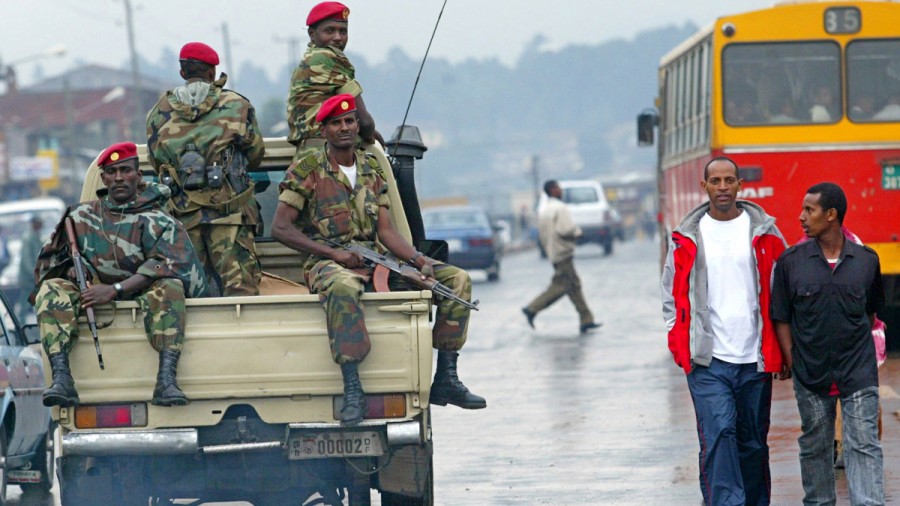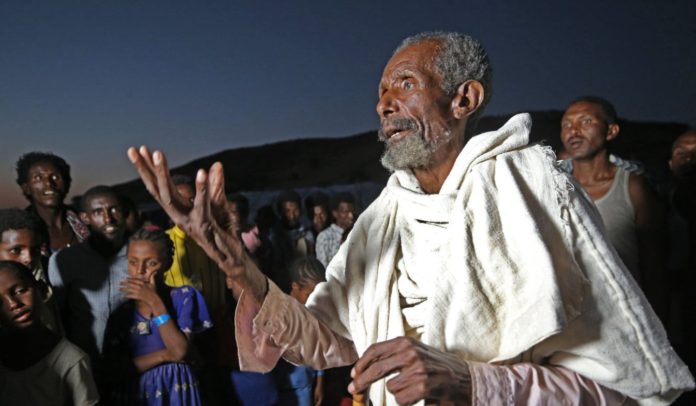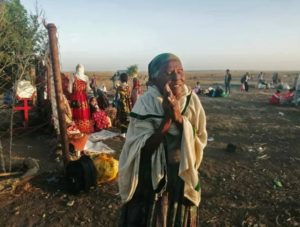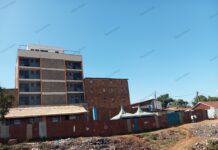By Pauline Kamiri
Nairobi, Kenya: Tigray’s People’s Liberation Front (TPLF) has been a key phenomenon in the conflict spinning across the Tigray region of Ethiopia. Having been founded on 18th February of 1975 in Debebit, Northwestern Tigray. This front grew into one of the most successful, powerful armed liberation movements in Ethiopia within a span of 16 years.
The uprising began on 4th November 2020 happening between TPLF and Ethiopian Defense Forces(EDF). The conflict became heated when Prime minister Abiy Mohammed attempted to distance the country’s politics from ethnic federalism which is a power-sharing system giving regional influence to individual ethnic groups.
During the attacks, several people were said to have been killed, including the destruction of properties, while others sustained injuries. According to the Ethiopian government, the base was looted of light and heavy weapons
Subsequently, Abiy Ahmed, the Prime Minister of Ethiopia, declared that a military offensive would be launched to restore the rule of law and central government authority. A state of emergency in the region was declared for 6 months following this attack.
Electricity, telephone, and internet services in Tigray were shut down by the Federal authorities, though claims were made that the TPLF itself had shut them down. The Tigray Regional Administration threatened to retaliate to any form of attack, as they prohibited all aspects of transportation, including flights.
Claims by the Tigrayan forces have seized most of the weapons at the Ethiopian Military’s Northern Command headquarters.
The Ethiopian government denounced claims by Debretsion Gebremicheal, Chief Administrator Tigray region who doubles up as the Chairman of the Tigray’s People’s Liberation Front.
Prime Minister Abiy Mohammed accused Tigray People’s Liberation Front of “criminal hubris and intransigence”, claiming they rejected the federal government’s efforts for mediation, reconciliation, and dialogue that has resulted in the ongoing instability.
However, to quell the tension and a looming civil war crisis in the country, the Ethiopian parliament on November 7th, 2020 voted to endorse the creation of an interim government for the northern Tigray region. The Tigray government was declared to be illicit, during the emergency session held by parliament.
The declaration was made by the House of Federation, one of the Ethiopian parliamentary chambers, in line with the law. Separately, ten city officials in the capital were detained, over allegations of terrorism, the mayor of Addis Ababa, Adanech Abebe, announced.
Amid the escalated tension across Ethiopia and the presence of the Ethiopian Military offensive in the Northern Tigray region, Prime Minister Abiy made some drastic changes and replacements several high-ranking officials within his government.
Abiy’s head of intelligence, the army chief, and foreign minister was replaced, as the military resumed new rounds of airstrikes. He however did not reveal the rationale behind these changes
Heightened insecurity and conflict have many Ethiopians fleeing to the eastern Kassala town. According to Alsir Khaled, the head of Sudan’s refugee agency in eastern Kassala town, many Ethiopian soldiers were among the refugees who fled in thousands to Sudan. Rocket attacks were reported in Gondar Airport and Bahir Dar Airports, with the TPLF claiming responsibility.
Capturing of cities by both the Ethiopian forces and TPLF caused more chaos displacing people and killing dozens of others with each day seeing Ethiopians flee to neighboring Sudan. The UN Secretary-General, António Guterres warned that the Tigray conflict could destabilize the entire Horn of Africa with reports of missile attacks rocking the Asmara International Airport in the Capital Asmara region of Eritrea.

The UN announced that it was making plans for the possibility that up to 200,000 refugees could flee to neighboring Sudan. The UN also called for the opening of humanitarian corridors, without specifying where they should be located
On the 23rd of November 2020, Abiy Ahmed announced that Tigray forces had 72 hours to surrender but the TPLF vowed to keep on fighting. In Amhara Region, residents said that a rocket strike had occurred on Bahir Dar during dawn. A reporter of AFP news agency visited the western Tigray town of Humera, which had been heavily shelled, including from the Eritrean side.
According to a statement released on 26th of November 2020, the 72 hours granted to the TPLF clique to surrender peacefully is now over and the law enforcement campaign has reached its final stage with thousands of Tigray special forces and militia members have surrendered to the National defense force.
The statement released said that The 72 -hour surrender window had two objectives with one being to demonstrate that the intention of the government’s operations was to enhance the rule of law as per the laws of the land. The second being to provide protection for those that finally understood the criminality of the TPLF clique and distanced themselves from the group.
The Ethiopian defense forces have now been directed to conclude the third and final phase of the rule of law operations in which the government says will be accorded great care to protect innocent civilians from harm.
It also stated that the city of Mekele will not be severely damaged and hefty precautions will be taken to ensure heritage sites, places of worship, public facilities, development institutions, and residential areas will not be targets.
It further urged the people of Mekelle and its environs to disarm, stay home, and away from military targets as the National Defence Forces carefully devise strategies to bring the TPLF clique to justice without harming innocent civilians.















